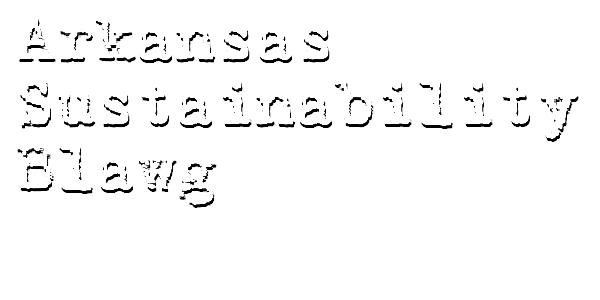Arkansas has adopted
the 2009 International Energy Conservation Code (IECC), effective January 1,
2014. The Arkansas Economic Development Commission Energy Office is soliciting
public comment on the Rule that will formally update the residential energy
standard in Arkansas from IECC 2003 to IECC 2009. The deadline to submit
written comments to the AEDC is close of business tomorrow, October 4, 2013.
Written comments should be addressed to J.D. Lowery, Deputy Director of the
Arkansas Energy Office and submitted in any one of three ways:
- POSTAL
MAIL: Arkansas
Economic Development Commission
Attention: J.D. Lowery
900 West Capitol, Suite 400
Little Rock, Arkansas 72201 - FAX: (501) 682-7499
- EMAIL:jlowery@ArkansasEDC.com
The 2009 IECC is
substantially different from the 2003 IECC, and these differences are
specifically intended to improve energy efficiency. According to a 2009 study
by the U.S. Department of Energy, “Impacts of the 2009 IECC for Residential
Buildings at State Level,” “important new requirements” in the 2009 IECC
include:
· A requirement that duct systems be
tested and sealed, and air leakage minimized;
· Half of the lighting “lamps” in a
building must be energy efficient;
· “Trade-off credits” are no longer
available for high efficiency HVAC equipment. For example, under the 2006 IECC,
use of a high efficiency furnace could be traded for a reduction in wall
insulation. Such trade-offs are eliminated under the 2009 IECC;
· Vertical fenestration U-factor
requirements and maximum allowable solar heat gain coefficients are reduced;
· Insulation requirements are improved
and increased;
· Better air-sealing language;
· Controls for driveway/sidewalk snow
melting systems; and,
· Pool covers are required for heated
pools.
Obviously, more
efficient sidewalk snow melting systems, basement insulation, and heated pools
are not going to drive improved residential energy efficiency in Arkansas. The
improvements in duct and HVAC efficiency, building envelope tightness and air
sealing, and window and insulation requirements are the meat of the coconut for
those in the Arkansas sustainasphere.
In 2009, the U.S.
Department of Energy analyzed the impact of the 2009 IECC in Arkansas. The DOE
study found an average savings of $242.00 per house, per year for homes meeting
the requirements of the 2009 IECC.
Annual savings of
$242.00 might not, at first blush, blow your skirt up. But consider: if the
average life of a home is 30 years, not adopting the 2009 IECC will
result in homeowners paying an additional $7,260.00 in energy costs over the
life of the home.
The adoption of the
2009 IECC should also stimulate job creation and growth. The new requirements
for air duct testing and sealing, and for general building envelope tightness
will translate directly into a need for quality third-party testing,
inspection, and compliance professionals. In simple terms, this means more home
energy raters, auditors, inspectors, specialists, and consultants. These are
skilled positions. Once created, they should become permanent parts of the
sustainable economy.
More than pure
economics, adopting the 2009 IECC is an integral step on the path to
sustainability. Green building technology is rapidly evolving, and the only
surefire way to ensure that Arkansans are provided with affordable, reliable,
and sustainable energy is to adopt and enforce updated building standards based
on current technology.
Here is a link to the AEDC’s proposed Rule adopting the 2009 IECC.

No comments:
Post a Comment
I welcome your comments. By commenting on this blog, you accept the blog's terms of use. You must use your first and last name when posting, and you must stay on topic.